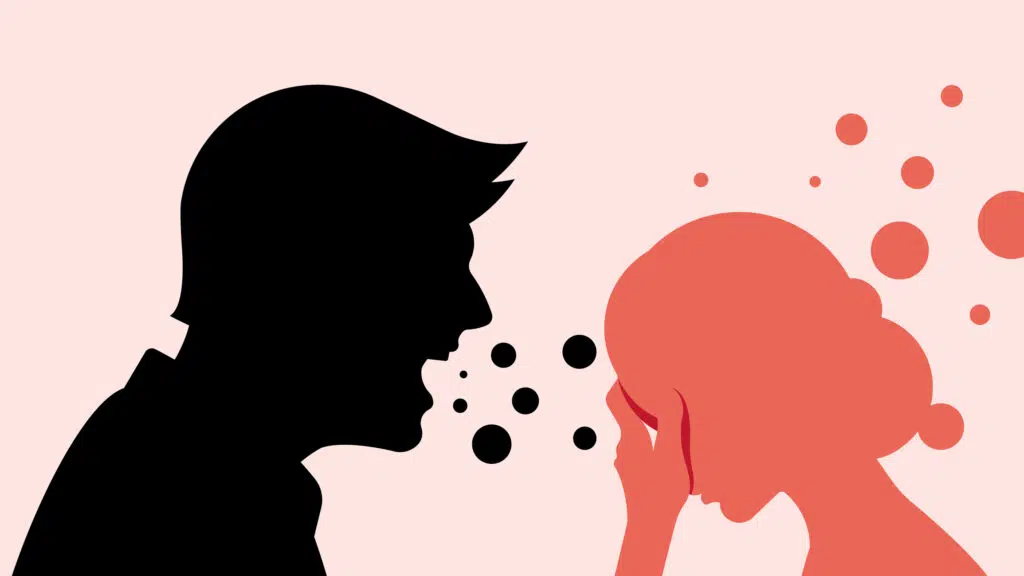How Trauma Can Leave a Lasting Impression

Events from your past can leave a long-lasting impression on your future. At Thriving Mind Psychology, our experienced therapy team understands how trauma can impact your present and future physical, mental, and emotional health. Our providers are skilled in diagnosing and treating the acute and chronic side effects of traumatic events.
The long-lasting effects of trauma
A traumatic event can mean different things to different people. Trauma can surround a sudden or unexpected event, such as physical illness, death of a loved one, or an auto accident. Trauma can also be linked to a span of time, such as a period of sexual abuse. Either kind of trauma can interfere with your mental and physical health.
Some of the most common effects of trauma that can be both acute and long-lasting include:
- Phobias
- Mood swings
- Persistent guilt
- Behavioral changes
- Depression and anxiety
- Post-traumatic stress disorder (PTSD)
Following trauma, you may begin feeling detached from your loved ones and your usual routine. It may also make it difficult for you to regulate your emotions, and you may struggle with chronic anger, sadness, or shame, especially if you continue to have PTSD-related flashbacks of the event.
Physical illness is also a possible side effect with trauma, and many people can experience gastrointestinal issues and pain. When not treated properly, trauma can lead to many unhealthy habits and behaviors that can further impact your physical and mental health.
Turning to drugs and alcohol to cope with your feelings can result in addiction, reckless behavior, and chronic health issues. Untreated mental health issues can also lead to thoughts or actions of self-harm or suicide.
Trauma treatment can restore your quality of life
While time can help lessen some of the impact trauma can have on your life, it’s important to seek help from our team at Thriving Mind Psychology as soon as you find yourself struggling after a recent or past trauma.
Based on your needs, the experienced psychologists will customize a therapy plan to help you through trauma recovery. Psychotherapy (talk therapy) is a highly effective way to pinpoint trauma-related triggers to increase your awareness. You may benefit from individual, couples, or group therapy with your loved ones to ensure that you have the support you need to overcome trauma.
Our team at Thriving Mind Psychology also offers other trauma treatment services, including:
- Life coaching
- Neurofeedback
- Anger management
- Online video therapy
- Mediation and relaxation
Our team also offers Virtual Reality Exposure Therapy (VRET), a technology-based treatment that addresses PTSD flashbacks and phobias that may be difficult to treat with just talk therapy. VRET allows you to confront your fears safely with the help of an experienced therapist.
Ongoing therapy options to find balance in your life
Thriving Mind Psychology also offers personalized services to help you manage anger, address sleep disorders, and make it easier to manage the daily stresses of work and life.
The goal of your treatment is to help you learn how to thrive in your environment and overcome the trauma that’s holding you back.
To get the help you need and learn how to overcome past trauma, book an appointment online or over the phone with Thriving Mind Psychology today. Ask about online video teletherapy services, so you can receive professional treatment in the comfort of your own home.

Understanding Impostor Syndrome: Breaking Free from Self-Doubt
Imposter syndrome can make you feel like a fraud with no confidence in your abilities. You’re not alone; so many people feel like this. The good news is that you can break free from imposter syndrome and overcome self-doubt; here’s how.

Supporting a Loved One with Mental Illness: Practical Tips and Resources
There isn’t one perfect way to support a loved one with mental illness. How you care for someone will depend on you and the person you support. Mental illness can affect all aspects of a person, from mood to behavior. It can come as a shock when a loved one is diagnosed with a mental illness.

Is My Relationship One-Sided?
Do you feel like you’re doing all the work in a relationship? When a relationship is one-sided, it can create stress and conflict. If one partner invests more energy and effort to make the relationship work, it creates an imbalanced dynamic that can be draining in the long haul.

How To Recover From Burnout?
Manageable and short-term stress can increase alertness and give you the focus to hit a tight deadline. But left unchecked, chronic stress can result in burnout, leading to complete physical, mental, and emotional exhaustion.

